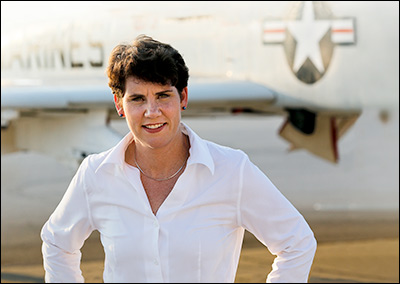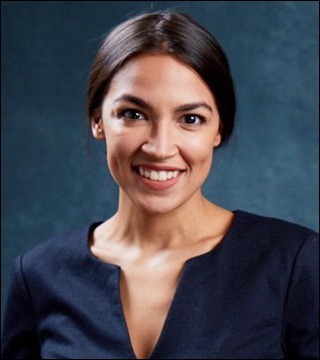By Jim Ellis
June 29, 2020 — Three more state primaries are on tap for tomorrow, those in Colorado, Oklahoma, and Utah. The day will be highlighted with the Colorado Senate Democratic primary where former governor John Hickenlooper battles ex-state House wpeaker Andrew Romanoff, and the Utah Republican gubernatorial primary that features four candidates vying for the right to replace retiring Gov. Gary Herbert (R).
Two of these three states, Colorado and Utah, use an all-mail voting process meaning we could again be waiting several days for final returns.
COLORADO
Democrats believe that the Centennial State is one of their best conversion opportunities in the country, and early polling confirms their analyses. Sen. Cory Gardner (R) stands for a second term but in a state that has significantly changed since he was elected in 2014. As the state continues to move closer to the Democrats, the tougher the re-election outlook for Sen. Gardner. He may well be the best campaigner in his party’s national stable, but is attaining statewide office now out of touch for any Republican? This election may definitively answer that question.The House delegation looks set to continue with four Democrats and three Republicans. All will face general election opponents, but none appear competitive. All seven incumbents are clear favorites for re-election, and only Western Slope Congressman Scott Tipton (R-Cortez) has a nomination opponent tomorrow. Surprisingly, Rep. Doug Lamborn (R-Colorado Springs), who always seems to draw competitive intra-party opponents, is unopposed in this year’s Republican primary.
OKLAHOMA
Veteran Sen. Jim Inhofe, at 85 years of age, is seeking a fifth full term and is certainly the prohibitive favorite tomorrow night against only minimal opposition. For the Democrats, former television news reporter Abby Broyles should have little trouble in securing her party’s nomination. Already raising over $535,000 through the June 10 pre-primary report, only she and Sen. Inhofe have substantial resources among the eight major party candidates on the ballot.
The big race of the night comes in Oklahoma City’s 5th Congressional District, where a total of nine Republicans are competing for the opportunity of challenging freshman Rep. Kendra Horn (D-Oklahoma City) who unseated two-term Rep. Steve Russell (R) in 2018. This will be one of the Republicans’ top national targets since the seat has a conservative history and the Horn victory two years ago was unexpected. With nine candidates adorning the GOP ballot tomorrow, advancing to an Aug. 25 runoff election is a certainty.
Continue reading






